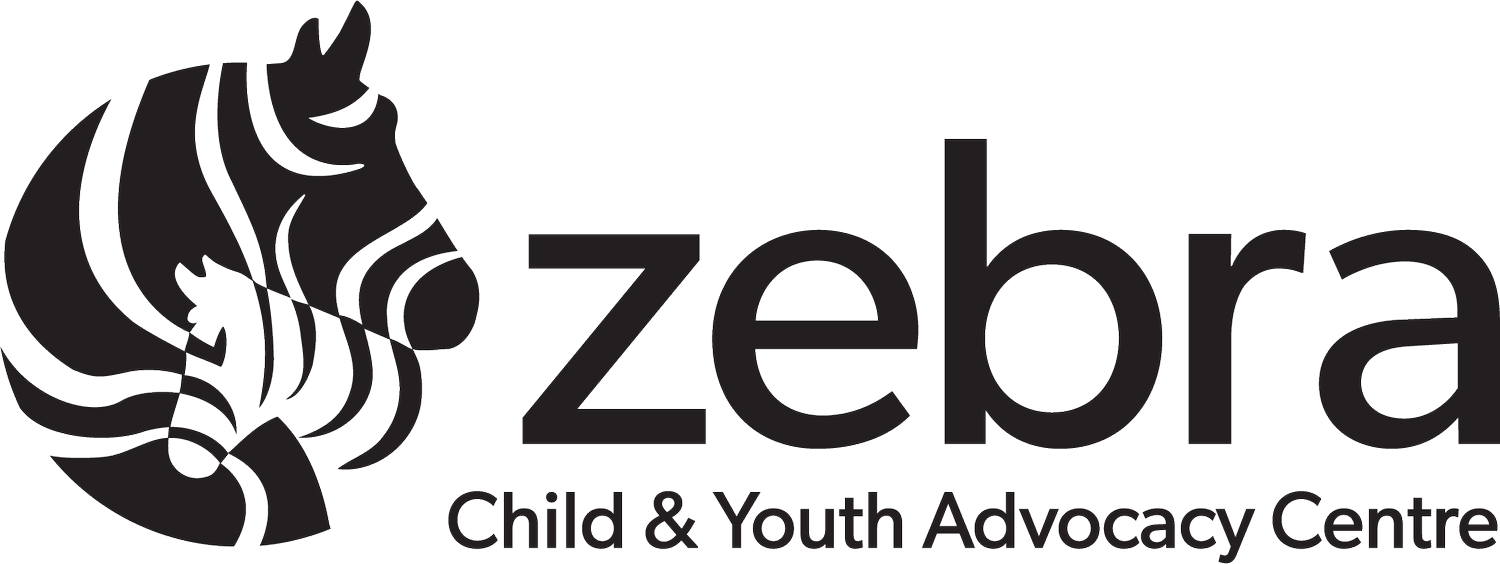Well-being at Work
By Nikki, Manager of Investigative Supports at the Zebra Centre
When you work in a helping profession such as this one, our dedication to others often takes priority over our own well-being. Working at a Child Youth Advocacy Centre (CYAC), we hear hard things every day, and it can affect our mental and physical health. However, if we want to continue in this work and serving children and families who need us, we have to take care of ourselves!
It is important to find what works for you and implement those things into your daily routine. Here’s what works for me:
Taking care of my physical health
I ensure that I do some form of exercise every day. Personally, I enjoy working out in the mornings before work starts so that I start my day out energized and feeling accomplished. I know myself and that after a hard day at work, I am not going to have the motivation to hit the gym. I also like to mix in recreational sports with my friends, such as volleyball and slow pitch. Physical activity clears my mind, improves my mood, and keeps my body healthy.
Another crucial part of staying healthy is getting enough sleep. This is an area that I struggle in as sometimes sports can go late and I get up early for the gym. To maximize the time I do get, I practice good sleep hygiene! Now, you’re probably wondering what the heck this means. Sleep hygiene is making sure that your sleep environment is optimal for you! I try to stick to a sleep schedule, avoid caffeine after 3:00pm, make sure my bedding is clean and comfy, and my room is dark and cold. I also like to wind down before bed by reading a book or turning on some rain sounds. Good sleep is important because it keeps your body healthy and supports healthy brain function.
Taking care of my mental health
Taking care of my mental health means knowing my limits and establishing boundaries. I know that if I have feelings of anxiety around going to work that I have pushed myself too far. When this happens, I take a step back, determine where the feelings are coming from, and act accordingly. This could mean not doing front line work for the day, asking for help, or taking a wellness day. When it comes to boundaries, I make an effort to leave my work phone at work so that I am not tempted to check emails or reply to families. I also make my role very clear to the children and families I support so they know where I can and cannot help them.
The biggest supports for me are my coworkers. We can debrief after difficult files because they understand what I am going through. Sometimes you just need someone to listen and talk things through with! Make sure you’re asking if they have the capacity to support you before you dive in and always respect client confidentiality.
Continue Learning
Lastly, it is so important to always continue learning. I continue my education by attending as many webinars, trainings, and conferences as I can. This increases my confidence in handling tough situations by teaching me new skills and enhancing my existing ones!
At the end of the day, It’s up to you to prioritize your well-being. When doing so, we can continue to provide the best support to others who need it. Being kind to yourself is as important as being kind to the people you serve.

